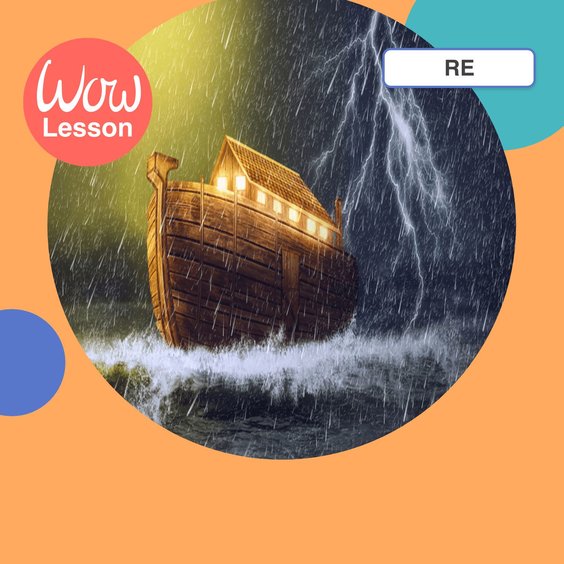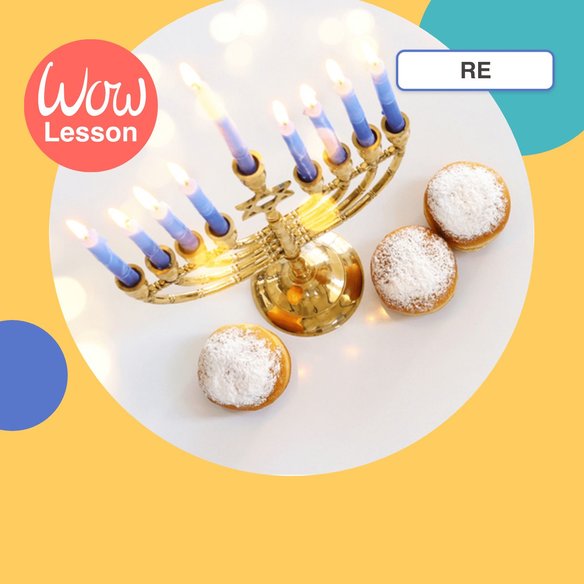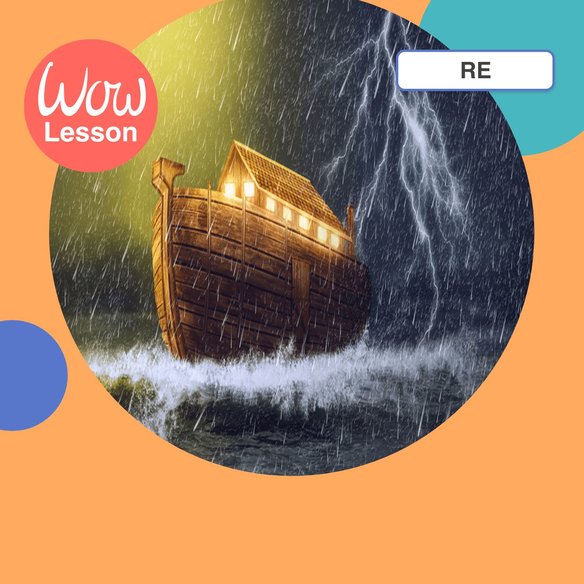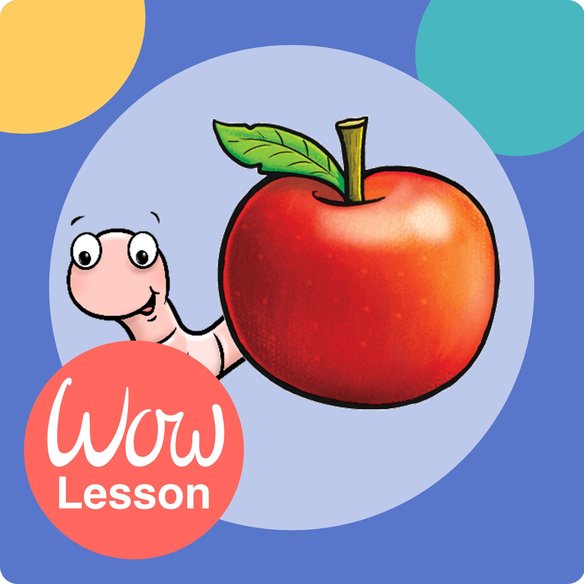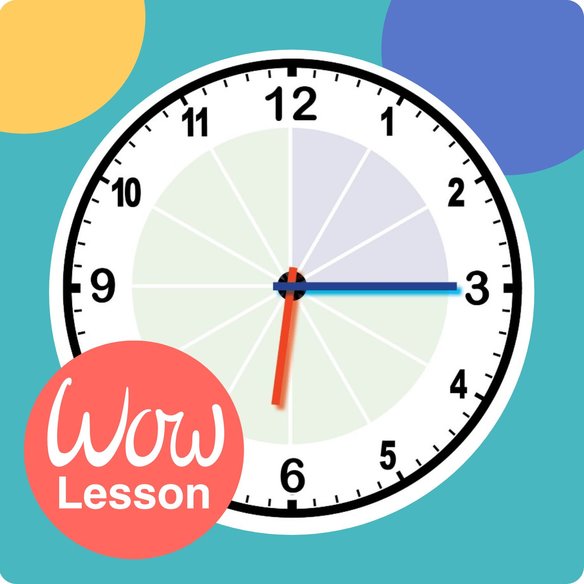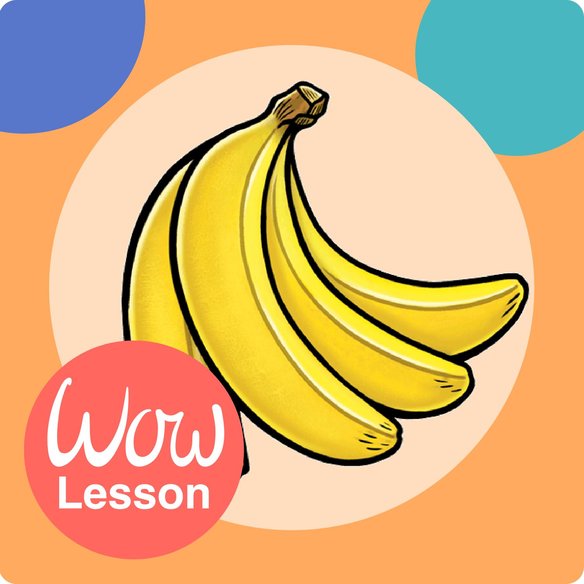Matt Lane RE Author
Matthew Lane is a primary teacher and Religious Education lead from Norfolk. He has been teaching for 10 years; working in state and private education. Before teaching, he was an officer in the Royal Navy where he saw the power of religions in shaping our world and the vital importance of understanding the religions and worldviews of others.
Teaching in his home county of Norfolk, Matthew has built an REQM Gold Award winning Religion & Worldviews curriculum that enables children to "have informed conversations about the world we live in". Building connections from their personal worldview to those of others, children see the richness and interconnected nature of human belief. A curriculum built on celebrating similarities, not learning disconnected facts.
Matthew has contributed to RE research projects at a national level, including Big Ideas and the REC Worldviews Exemplar Curriculums Project. He has shared his practice in articles for many publications including TES, teach Primary and RE Today. Passionate about leadership and its power to improve schools, he has shared his experiences of subject leadership at national conferences and livestreams. You can read more of his ideas on his website www.theteachinglane.co.uk
Matthew has written about his research into and experiences of change leadership in the forthcoming book 'Wayfinder: leading curriculum vision into curriculum reality' published by John Catt.
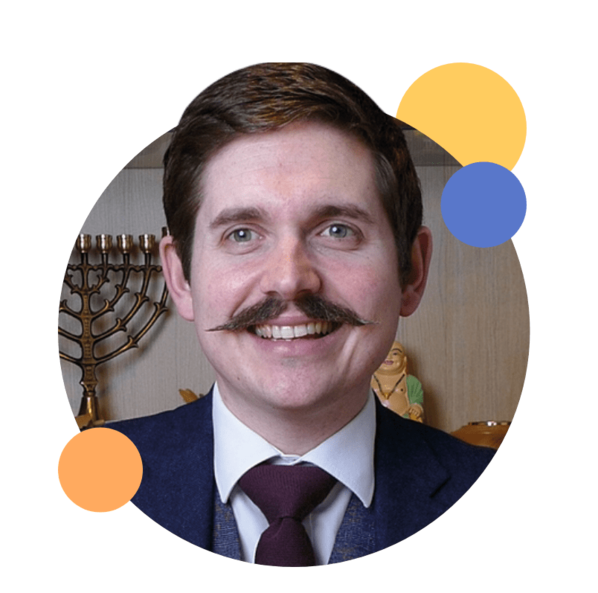
Matt Lane's WOW RE Lessons
Matt Lane's WOW lessons focus on difficult to teach objectives of the RE National Curriculum for KS1 and KS2.
Registration to EuHu is free, but you need a 'Primary Bundle' subscription to access the WOW lessons.
Register & try Matt Lane's free sample above or visit our subscription page for more information.
You need a 'Premium' subscription to access this lesson. Visit our subscription page for more information.
Join RE expert, Matt Lane, as he shares a lesson which allows children to explore the question, What is Hanukkah? In this lesson, we are introducing, exploring, and explaining
the story and festival of Hanukkah. We use Hanukkah as a starting point, allowing lots of
time for discussion of student’s own experiences of festivals of light (Christmas, Eid, Diwali…)and finding the similarities. This lesson draws many links between the substantive knowledge and the personal worldviews of children. *It is possible to split this lesson over 2 or 3 sessions if you wish
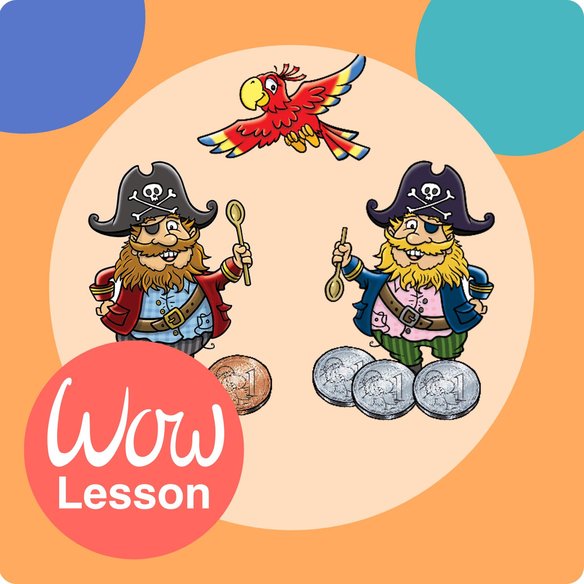
KS1 Why is light important?
You need a 'Growth' subscription to access this lesson. Visit our subscription page for more information.
This lesson helps children move away from their default strategy for finding a total of two numbers (e.g. Counting On, Count All) by engaging the powerful tools of concrete resources, pictorial representations, animation, story and story characters to introduce a Mastery alternative.
Children sometimes find it very difficult to engage with alternative strategies for finding a total. Many become stuck with a ‘Count All’ or a ‘Count On’ strategy. The use of a character who has mastered an alternative strategy, enables the children to think beyond their default strategy and mimic the efficient strategy of the character.
Free until 31st July 2023. Visit our subscription page for more information.
Join RE expert, Matt Lane, as he shares a lesson/lessons allowing children to explore and discuss the shared history and stories of Christianity and Islam. This comprehensive lesson can be split across 3 sessions according to your needs and the needs of your learners.
It will explore the stories of Noah (Bible) and Nuh (a.s.) (Qur'an) and discuss the shared history of Christianity and Islam. Faith-based videos are used to provide a talking point around traditions of not showing Muslim Prophets in artwork. We will summarise the
stories in a religiously appropriate manner, as well as highlighting the similarities and differencesbetween the two stories.
You need a 'Growth' subscription to access this lesson. Visit our subscription page for more information.
This lesson helps children understand that there are at least 3 different story structures behind the subtraction operation. These structures underpin both word problems and the strategies we use for solving a subtraction calculation. This lesson can be used to introduce a sequence of learning in subtraction or to consolidate prior learning.
Children are often introduced to the subtraction symbol as meaning ‘take away’. They read 11 – 9 = 2 as ‘Eleven take away nine equals two.’ One teacher recently said to me, ‘The trouble with take-away is that take-away doesn’t always mean take-away!’
This lesson makes it explicitly clear that there are three different story structures within subtraction: Reduction, Partitioning and Comparison. It also highlights the importance of using the correct technical language for subtraction.
UKS2 How was our world made?
Try this WOW lesson for Free with our 'Essential' subscription.
Join Maths expert, Dave Godfrey, as he shares a lesson that helps children develop a deep understanding of working with both analogue and digital clocks, alongside the concepts of minutes to and past the hour, all in a story context.
'All through my teaching career, I’ve been told that we need to teach time ‘all the time’! Telling the time is one of the most useful mathematical skills children pick up. Although some children are likely to have been taught at home to tell the time, this is not the case for all children and cannot be assumed. This lesson will help you develop their understanding and assess where your children are on their journey in telling the time.'
UKS2 What does it mean to live a good life?
You need a 'Growth' subscription to access this lesson. Visit our subscription page for more information.
Join Maths expert, Dave Godfrey, as he shares a lesson that helps children develop a deep understanding of the 4 times-table in a story context and includes a host of activities that will help children begin to learn the facts off by heart.
'There are several keys to learning and remembering times tables that I explore in the short teacher video that accompanies this lesson. If children are going to remember 4 x 6 = 24, they need to understand what it means, be able to put it into a story context and spot any patterns (e.g. 4 x 6 is double 4 x 3 etc.) In this lesson, I’ve tried to keep a coherent lesson modelling several activities that I’ve used to help children master a particular times-table.'
